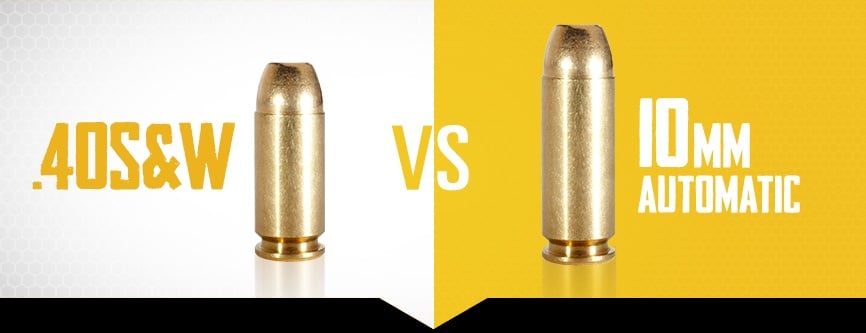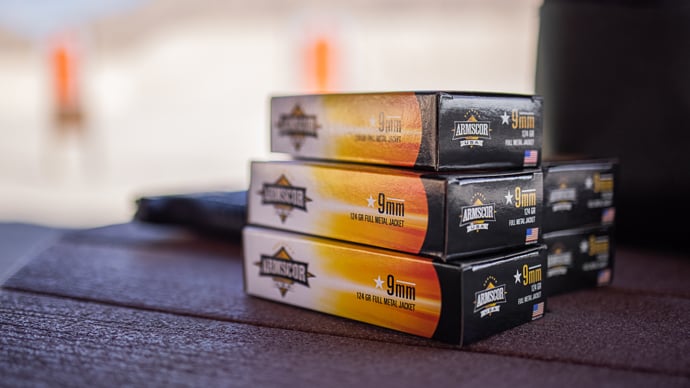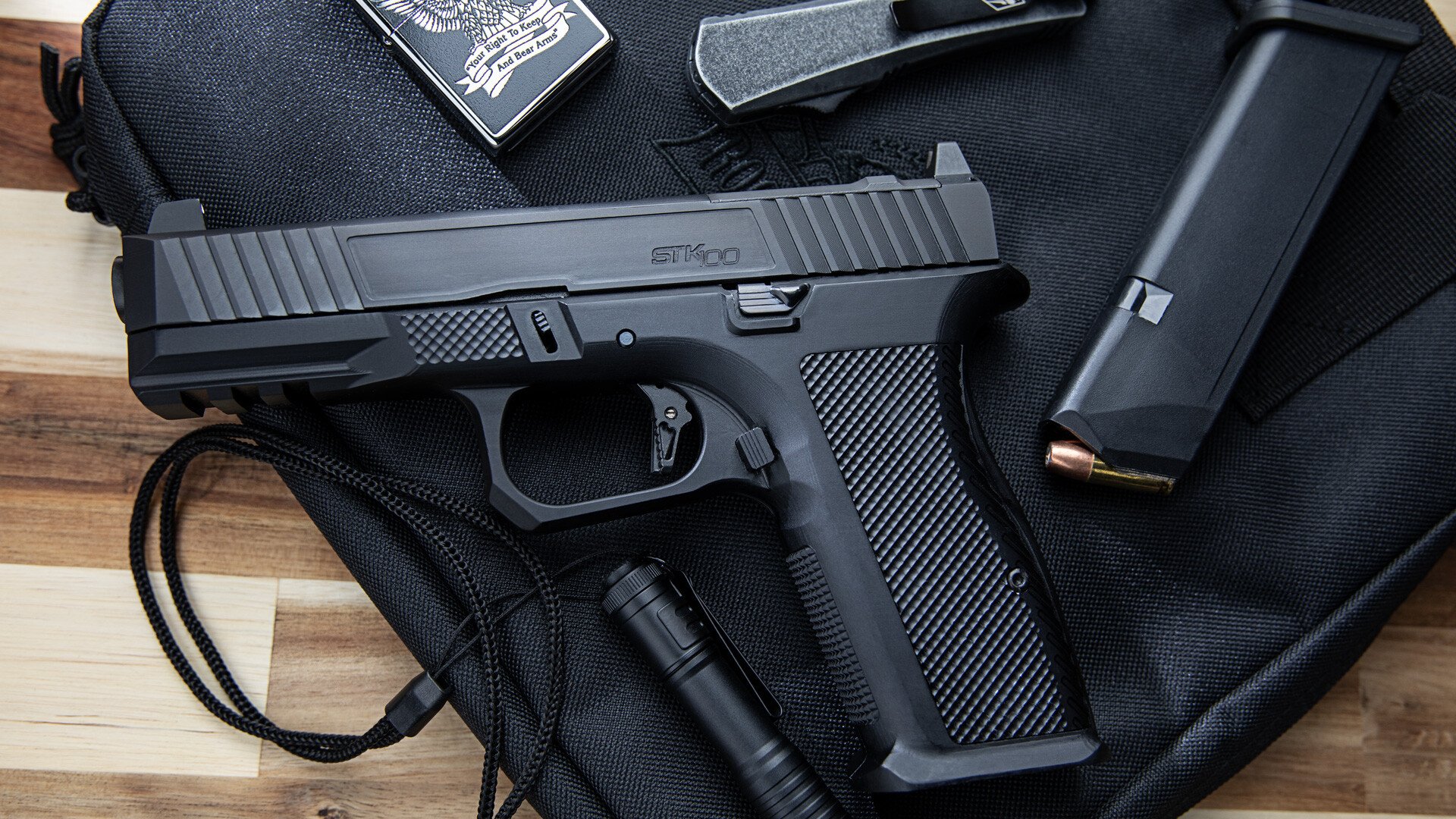10mm Automatic or 40S&W? (And Other Burning Ammo Questions)
Posted by Team Armscor on Feb 23, 2017 3 Minute Read

Caliber debates can be a heated subject among firearm enthusiasts. Some shooters swear by a single caliber and act as staunch advocates. One of the most popular debates occurs between the 9mm and 45ACP, but not so far behind it is the 10mm Auto versus the 40S&W.
Here’s a closer look behind both calibers and what they have to offer.
10mm Automatic
The 10mm Auto was originally developed by Jeff Cooper and first introduced in 1983. It was briefly selected for service by the FBI in the late 1980s but was ultimately replaced by the 40S&W. The more manageable recoil of the 40S&W has been the oft-cited reason for the switch.
The 10mm automatic never gained the popularity of the 9mm, 45ACP or 40S&W, but it’s still known as a powerful round, good for use against larger game, such as hogs, deer or, even in defensive situations, bears.
The cost and relatively small number of pistol options (as compared to, say, 9mm) are two downsides to investing in 10mm. Some will advocate for it as a good concealed-carry round, while others caution against it due to the potential for over-penetration.
The 10mm does pack more of a punch, and its recoil might deter shooters. However, the larger, heavier frames of some 10mm pistols can manage the recoil more effectively.
40S&W
The 40S&W was developed by Smith & Wesson in conjunction with Winchester. It was developed with the intention of duplicating the performance of the FBI's modified, lower-velocity 10mm round. The 40S&W was also developed to be retrofitted into 9mm handguns.
Back in the day in early-generation Glock handguns, the 40S&W had a reputation for failures resulting in the pistols breaking. Although, it’s been noted that many failures at the time stemmed from reloaded ammo with over-sized cases.
Shooters will likely have to find a few more options when it comes to pistol and ammunition choice if they choose to invest in 40S&W over 10mm. It’s a popular choice in the competitive scene, and many choose it for concealed-carry.
No matter what end of the debate you lean toward, both calibers have a respected following. In the end, you should shoot the one you feel most comfortable handling. Of course, you wouldn't be wrong to choose both calibers either.







